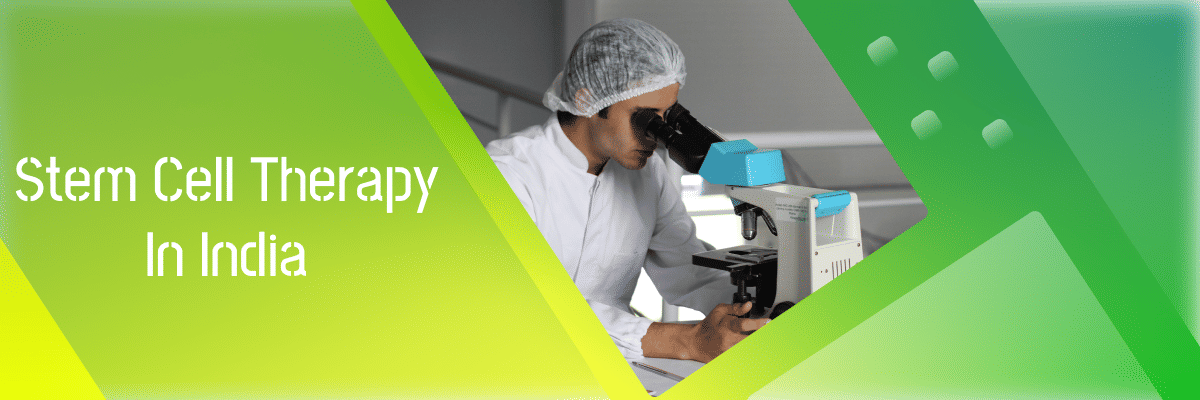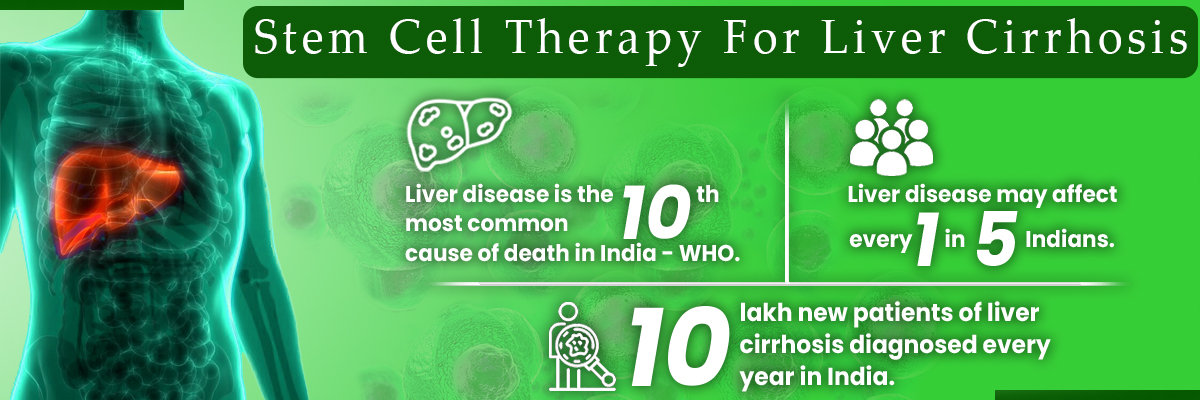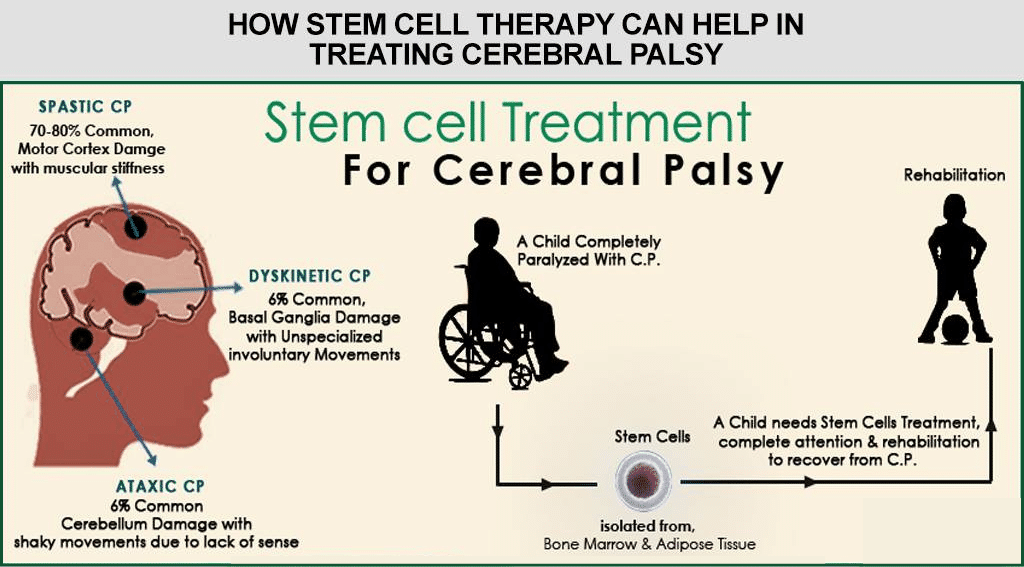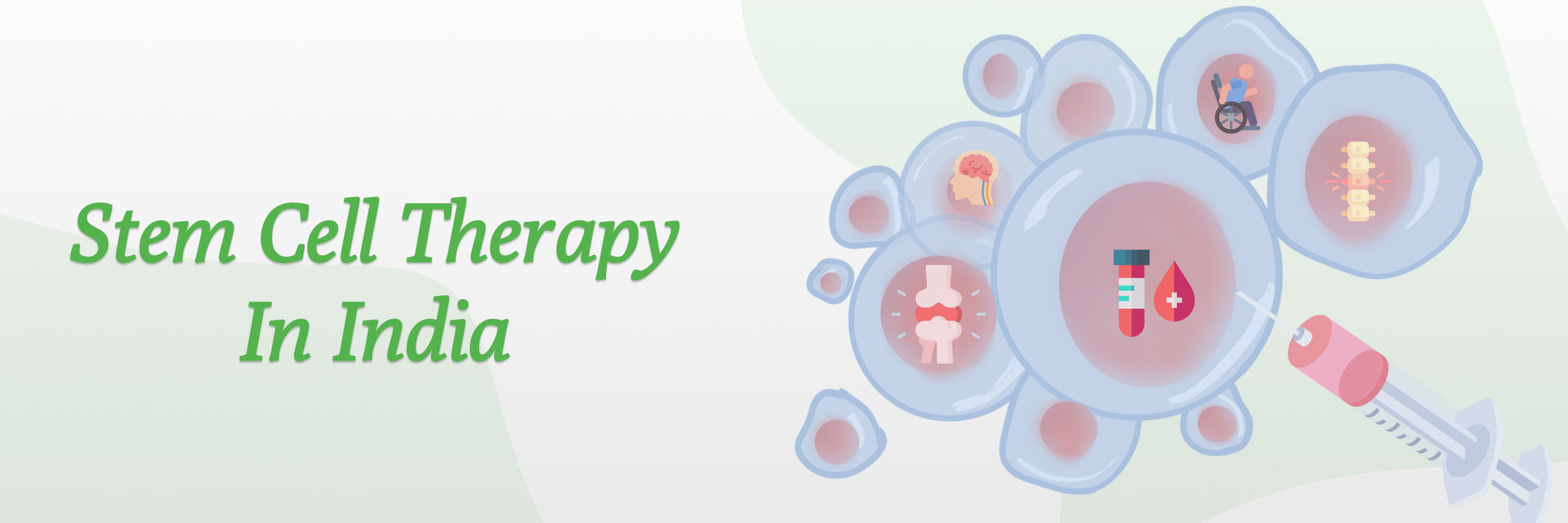Introduction
Did you know that pancreatic diseases can severely impact your overall health and quality of life?
The pancreas is a vital organ that plays a crucial role in digestion and regulating blood sugar levels. In India, diseases affecting the pancreas, such as pancreatitis and diabetes, are on the rise. This rise in pancreatic disorders has led to an increased interest in innovative treatments like stem cell therapy, which offers hope for regenerative and repairing pancreatic tissues.
Stem cell therapy has been gaining traction in India as a promising treatment for various conditions, including those affecting the pancreas. With medical research and technology advancements, India has become a hub for stem cell therapy, offering cutting-edge treatments at several leading healthcare institutions. This blog will delve into the potential of stem cell therapy for the pancreas, the current state of treatment in India, and whether this therapy has received FDA approval.
Dr. Pradeep Mahajan, a pioneer in regenerative medicine, has been at the forefront of these advancements. His work in stem cell therapy is helping transform the lives of many patients suffering from pancreatic diseases.
Understanding Pancreatic Conditions
Have you ever wondered how crucial your pancreas is to your overall health?
The pancreas is a vital organ behind the stomach, which plays a key role in digestion and blood sugar regulation. It produces digestive enzymes that help break down food and release hormones like insulin to manage blood sugar levels.
Common Pancreatic Diseases and Conditions:
- Pancreatitis: Inflammation of the pancreas, causing severe abdominal pain, nausea, and vomiting.
- Pancreatic Cancer: One of the most aggressive and deadly forms of cancer with a low survival rate.
- Diabetes: A chronic condition where the pancreas either doesn't produce enough insulin or the body can't use it effectively, leading to high blood sugar levels.
Despite the available treatments, many patients continue to suffer from significant health issues, highlighting the need for more effective solutions.
Contact us today and learn how stem cell therapy is revolutionizing the treatment of pancreatic diseases and offering new hope to patients.
Can a Damaged Pancreas Regenerate?
The pancreas has a limited ability to regenerate itself after injury or disease. Under normal circumstances, pancreatic cells, particularly beta cells, do not regenerate significantly, which is why chronic conditions like diabetes can be debilitating. However, recent research has shown that stem cell therapy could offer a new approach to pancreatic regeneration.
Stem cells can uniquely differentiate into various types of cells, including pancreatic beta cells. In theory, introducing stem cells into the pancreas could help regenerate damaged tissue, potentially restoring normal function. Several animal studies have shown promising results, where stem cells have successfully differentiated into insulin-producing cells, offering hope for conditions like Type 1 diabetes.
However, human trials are still in the early stages, and while the results are promising, more research is needed to fully understand stem cell therapy's potential in regenerating pancreatic tissue. It’s important to note that while stem cell therapy offers hope, it is not yet a cure, and its effectiveness can vary depending on the individual case and the severity of the condition.
How Does Stem Cell Therapy Work for Pancreatitis?
Stem cell therapy for pancreatitis involves using mesenchymal stem cells (MSCs), known for their anti-inflammatory and regenerative properties. The process typically involves the following steps:
- Stem Cell Harvesting: Stem cells are harvested from the patient's own body, usually from bone marrow or adipose (fat) tissue. This process is minimally invasive and performed under local anesthesia.
- Stem Cell Processing: The harvested cells are then processed in a laboratory to isolate and concentrate the mesenchymal stem cells. This ensures that the patient receives a high dose of potent cells.
- Stem Cell Injection: The concentrated stem cells are injected directly into the pancreas or the bloodstream depending on the treatment protocol. The cells then migrate to the site of inflammation or damage in the pancreas.
- Regeneration and Healing: Once at the site of damage, the stem cells begin to exert their anti-inflammatory effects and promote the regeneration of damaged pancreatic tissue. They may also help modulate the immune response, reducing further damage to the pancreas.
Did you know stem cell therapy could be a breakthrough treatment for various pancreatic diseases?
Stem Cell Therapy for Pancreatitis: Stem cell therapy offers a new approach to treating pancreatitis, a painful inflammation of the pancreas. By injecting stem cells into the affected area, they can:
- Promote the regeneration of damaged pancreatic tissue
- Reduce inflammation
- Alleviate pain
- Improve pancreatic function
Patients have reported significant pain relief and improved pancreatic function following treatment.
Stem Cell Therapy for Pancreatic Cancer: Pancreatic cancer is one of the deadliest cancers due to its late diagnosis and aggressive nature. Stem cell therapy aims to:
- Target and destroy cancer cells
- Spare healthy tissue
- Enhance the effectiveness of traditional treatments like chemotherapy and radiation.
Stem cells can be engineered to carry anti-cancer agents directly to the tumor site. Early clinical trials have shown promising results, offering new hope for patients with this challenging disease.
Stem Cell Therapy for Diabetes: Diabetes is a chronic condition where the pancreas fails to produce enough insulin, leading to high blood sugar levels. Stem cell therapy for diabetes involves:
- Converting stem cells into insulin-producing cells
- Helping regulate blood sugar levels
- Potentially reducing or eliminating the need for insulin injections
Studies have shown that stem cell therapy can significantly improve blood sugar control in diabetic patients, making it a game-changer in diabetes management.
FDA Approval Status of Stem Cell Therapy for Pancreas
As of now, stem cell therapy for pancreatic conditions, including diabetes and pancreatitis, has not received FDA approval for general use. The treatment is still considered experimental and is only available through clinical trials or as part of investigational therapies.
In India, the regulatory framework for stem cell therapy is evolving, with the Indian Council of Medical Research (ICMR) providing guidelines for the safe and ethical use of stem cells. While stem cell therapy for pancreatic conditions is offered at several leading hospitals and research centers, patients must understand that the treatment is still experimental and may not be covered by insurance.
Patients considering stem cell therapy should consult with their healthcare provider to understand the potential risks and benefits and explore whether they are eligible for ongoing clinical trials.
Benefits of Stem Cell Therapy for Pancreas
Potential Benefits Over Traditional Treatments:
- Targeted Treatment: Stem cell therapy targets the root cause of pancreatic diseases, offering a more precise approach than traditional treatments.
- Reduced Side Effects: Unlike chemotherapy or radiation, stem cell therapy typically has fewer side effects, making it a gentler option for patients.
- Minimally Invasive: Stem cell therapy is often less invasive than surgical procedures, leading to shorter recovery times.
- Tissue Regeneration: Stem cells can regenerate damaged pancreatic tissues, helping to restore normal function.
- Anti-inflammatory Effects: They reduce inflammation, crucial in conditions like pancreatitis.
- Improved Insulin Production: In diabetes, stem cells can be programmed to produce insulin, addressing the disease at its core.
- Sustained Improvement: Patients often experience long-term improvements in their conditions, with reduced symptoms and better overall health.
- Enhanced Quality of Life: Improved pancreatic function and reduced disease symptoms lead to a better quality of life.
- Ongoing Research: Continuous advancements in stem cell research promise even better outcomes and new treatment possibilities in the future.
Challenges and Risks
Possible Risks and Complications:
- Immune Rejection: The body may reject the transplanted stem cells, leading to complications.
- Infection: There is a risk of infection at the injection site.
- Tumor Formation: In rare cases, stem cells can form tumors or unwanted cell growth.
- Side Effects: Potential side effects may include pain, swelling, and inflammation at the treatment site.
Conclusion
Stem cell therapy is revolutionizing the treatment of pancreatic diseases by offering regenerative solutions that traditional methods cannot. Its increasing availability in India and promising results from ongoing research provide new hope for patients. If you're considering innovative treatments, stem cell therapy might be the key to a healthier future.






